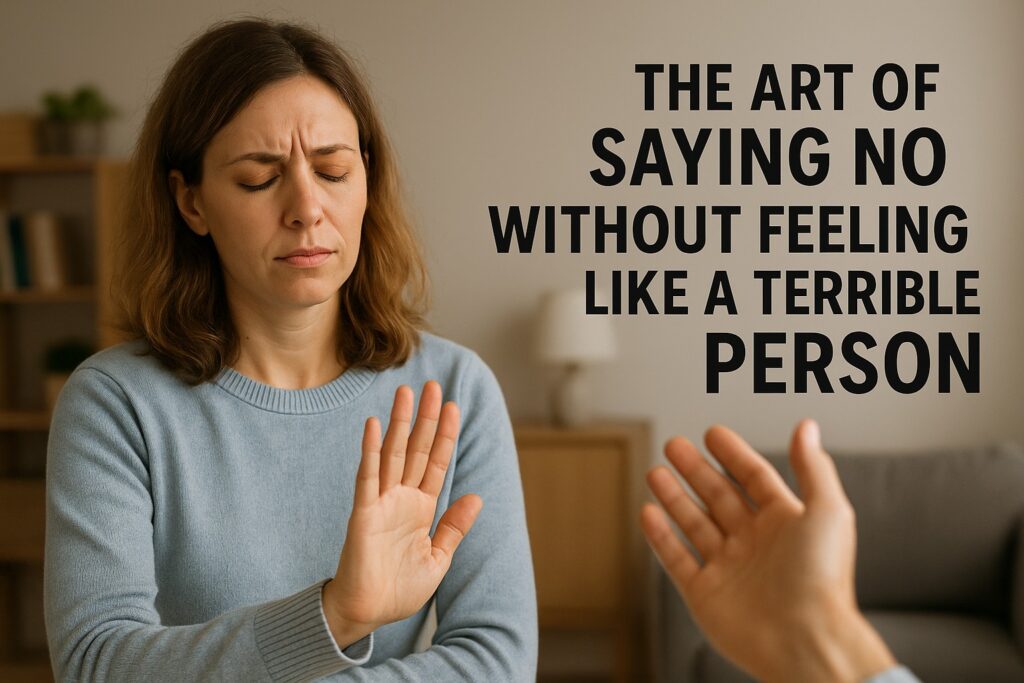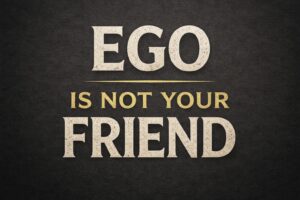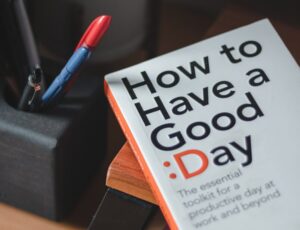Look, we need to talk about something that makes most of us break into a cold sweat: saying no.

You know that feeling when someone asks you to do something and your brain screams “ABSOLUTELY NOT” but your mouth says “Sure, I’d love to!”? Yeah. That one.
We’ve all been there. Your coworker wants you to cover their shift. Your friend invites you to their cousin’s birthday party (you’ve never met the cousin). Someone asks if you can “just quickly” look over their 47-page document. And somehow, against all logic, you find yourself nodding along like one of those dashboard bobbleheads or Agama agama.
Why Is Saying No So Hard?
Here’s the thing: we’re wired to want people to like us. It’s not your fault. Back when we lived in caves, being part of the group meant survival. Getting kicked out meant becoming a snack for a saber-toothed tiger. So our brains still act like every “no” might get us exiled.
Plus, we’ve been trained since childhood that being “helpful” and “nice” means always saying yes. Remember when your teacher gave gold stars to the kid who volunteered for everything? That kid is now an exhausted adult who can’t figure out why they’re so tired all the time.
The Real Cost of Always Saying Yes
Let’s be honest about what happens when you can’t say no.
Your calendar looks like a game of Tetris designed by someone who hates you. You’re constantly rushing from one thing to another, doing favors, attending events you don’t care about, working on projects that aren’t your responsibility.
Meanwhile, that book you wanted to read? That hobby you wanted to start? That basic human need for rest? They’re all gathering dust in the “someday” pile.
And when you say yes to everything, you end up doing a mediocre job at most things because you’re stretched too thin. Nobody wins.
The Magic of No
Saying no is not mean. It’s not selfish. It’s not rude.
Saying no is drawing a boundary. It’s protecting your time, your energy, and your sanity. It’s making room for the things that actually matter to you.
Think about it this way: every time you say yes to something you don’t want to do, you’re saying no to something you do want to do. When you agree to that meeting you don’t need to attend, you’re saying no to focusing on your actual work. When you commit to plans you’re dreading, you’re saying no to rest or spending time with people you actually enjoy.
How to Actually Say No
Okay, so you’re convinced. Saying no is good. But how do you actually do it without sounding like a jerk?
- Keep it simple: you don’t need a five-paragraph essay explaining why you can’t do something. “I can’t make it” is a complete sentence. So is “That doesn’t work for me.” You’re not on trial. You don’t need to present evidence.
- Don’t over-apologize: one “sorry” is fine if it feels right. But you don’t need to grovel. “Sorry, I can’t” is very different from “I’m SO sorry, I feel absolutely terrible about this, I’m the worst person ever.”
- Offer an alternative only if you want to: if someone asks you to help with something and you genuinely want to help but can’t do what they’re asking, you can offer something else. But only if you actually want to. Don’t feel pressured to negotiate your no into a yes.
- Watch out for the soft yes: you know what I’m talking about. “Maybe,” “I’ll think about it,” “Can I get back to you?” when you already know the answer is no. This just delays the inevitable and makes it harder for everyone. If it’s a no, say no.
The Responses You’ll Get
When you start saying no, people will react in different ways.
Most people will just accept it and move on. Seriously. You’ll be amazed how often “I can’t” is met with “No problem!” and that’s the end of it.
Some people will push back a little. “Are you sure?” “Can’t you just try?” This is where you stay firm. Repeat your no. You don’t need to defend it.
And yes, a few people might get upset. Here’s the truth: people who get genuinely angry at reasonable boundaries are usually people who benefited from you not having any. That’s their problem, not yours.
Practice Makes Better
Like any skill, saying no gets easier with practice. Start small. Say no to something low-stakes. Turn down that email newsletter. Skip that optional meeting. Decline that Facebook event.
Pay attention to how it feels. The world doesn’t end. The person asking probably forgets about it in five minutes. And you? You just got a chunk of your life back.
Your time and energy are limited. They’re actually the most limited resources you have. You can’t make more of them. So when you spend them on things that don’t matter to you, you’re making a choice. You’re choosing other people’s priorities over your own.
Saying no isn’t about being difficult or unfriendly. It’s about being honest. It’s about respecting yourself enough to make choices that align with what you actually care about.
If someone asks you to do something and your gut says no? Try actually saying it. Out loud. With your words.
“No, I can’t.”
See? You’re still alive. The sky didn’t fall. And you just made space for something better.










